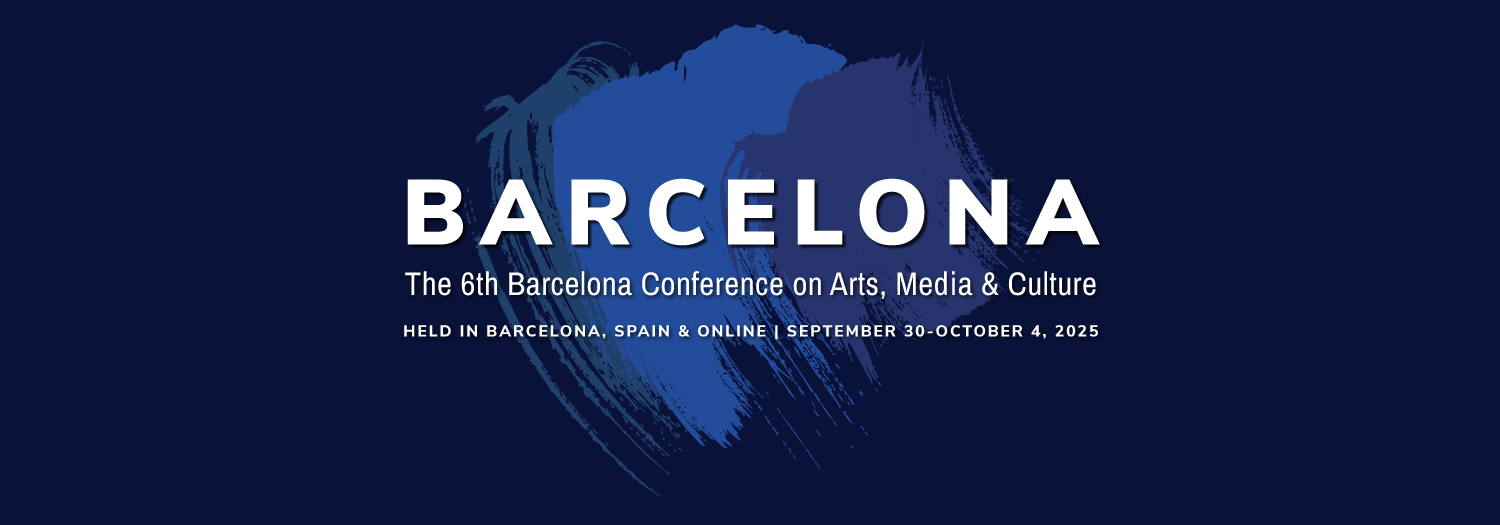Development of Computational and Geometric Thinking Through the Use of Pattern Shapes in 1st Cycle of Basic Education (84939)
Session Chair: Alexander Ibni
Saturday, 16 November 2024 13:30
Session: Session 4
Room: Live-Stream Room 3
Presentation Type:Live-Stream Presentation
The use of pattern shapes plays a crucial role in the development of computational and geometric thinking in children in the 1st Cycle of Basic Education. These manipulative materials provide a practical learning experience which combines abstract computing concepts with the concrete understanding that children need, associated with the development of thinking and geometric concepts (Bessa, Mascarenhas, Silva, Fernandes & Quadros-Flores, 2023).
The pattern shapes engage children in activities that improve problem-solving skills, spatial awareness and logical reasoning. By organizing and manipulating these blocks, children practice pattern recognition, a fundamental aspect of computational thinking, as well as developing an understanding of the composition and decomposition of figures. Therefore, they learn to decompose complex structures into simpler components, similar to dividing a problem into steps, hence developing computational thinking (Papert, 1980; Grover & Pea, 2013).
25 first-grade pupils from a private Portuguese primary school participated in this exploratory qualitative study. Data collection included class observation, video recordings and document analysis. Five work sessions were implemented which catered them for exploring the topics of Mathematical Capacities and Geometry and Measurement, present in the Portuguese curriculum (Ministério da Educação, 2021). More specifically, throughout the study, children developed computational thinking, communication and problem-solving skills, mathematical reasoning and operations with figures (composition and decomposition).
Furthermore, manipulating the material allowed children to develop creativity, critical thinking and collaboration, as they work in small groups, they develop social skills and learn to articulate their thought processes (Wing, 2006; Bers, 2018; Sullivan & Bers, 2019).
Authors:
Daniela Mascarenhas, Polytechnic University of Porto, Portugal
Sara Paredes, Colégio Oceanus, Portugal
Joana Martins, Colégio Oceanus, Portugal
Mário Cruz, Polytechnic University of Porto, Portugal
About the Presenter(s)
Daniela Filipa Martinho Mascarenhas is an Associate Professor at P.PORTO’s School of Education and coordinates the Training and Pedagogical Development Office. She trains early childhood educators and basic education teachers.
See this presentation on the full schedule – Saturday Schedule





Comments
Powered by WP LinkPress